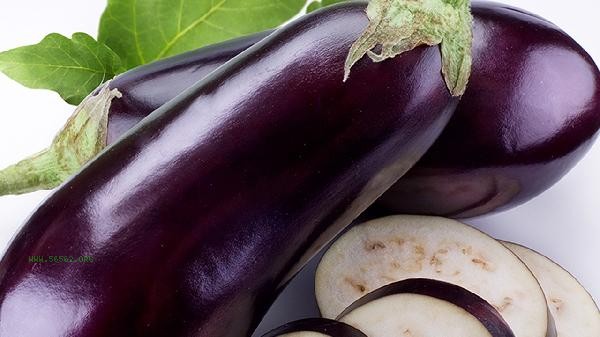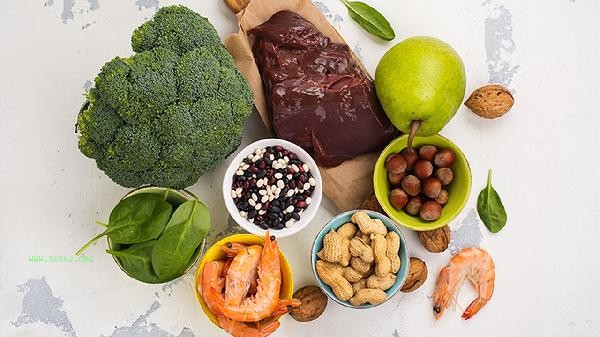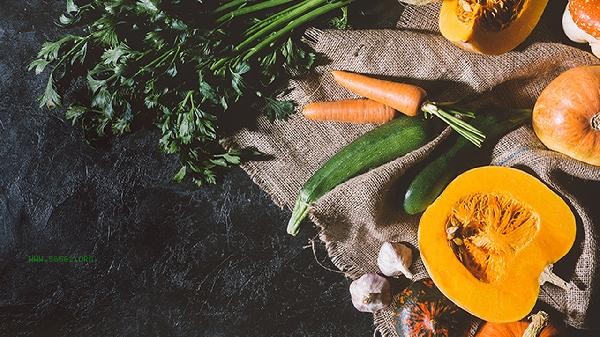The foods that have the greatest benefits for the kidneys mainly include black beans, yam, black sesame, mulberries, and sea bass. These foods are rich in high-quality protein, vitamins, and minerals, which help protect kidney function and are suitable for daily moderate consumption.

1. Black beans
Black beans are rich in plant protein and anthocyanins, which can help reduce urinary protein content and alleviate kidney burden. The potassium content in black beans is moderate and does not pose a risk of electrolyte imbalance to individuals with renal insufficiency. It is recommended that black beans be cooked with Congee or soybean milk, and eaten two to three times a week.
2. Yam
Yam contains mucin protein and dioscin, which have the effect of nourishing yin and kidney. Its low protein properties are suitable for consumption by patients with chronic kidney disease, and the polysaccharide components it contains can also enhance immunity. Fresh yam can be steamed or stewed in soup, but those with severely impaired kidney function need to control their intake.
III. Black Sesame
Black sesame is rich in vitamin E and unsaturated fatty acids, which can improve glomerular filtration function. The melanin component in it has a regulatory effect on the function of the adrenal cortex. It is recommended to stir fry black sesame seeds until cooked and grind them into powder. One small spoonful should be consumed daily, but patients with gallstones should use it with caution.

4. Mulberry
Mulberry contains resveratrol and various organic acids, which have significant antioxidant and diuretic effects. Its high iron content can improve renal anemia, but diabetes patients should pay attention to the control of intake. Fresh mulberries can be consumed directly or dried and soaked in water for drinking.
5. Sea bass
Sea bass is a high-quality low-fat protein source, rich in omega-3 fatty acids and selenium, which can alleviate kidney inflammation. Its easily digestible characteristics are suitable for people with reduced kidney function, and it is recommended to steam it to retain nutrients. Gout patients should control their consumption frequency and avoid excessive purine intake. In addition to the above-mentioned foods, daily kidney protection also requires attention to controlling the total intake of salt and protein, and maintaining a reasonable daily water intake. Avoid high phosphorus foods such as processed foods and carbonated beverages, and regularly monitor indicators for individuals with abnormal kidney function. Moderate exercise promotes blood circulation, and maintaining sufficient sleep helps the kidneys self repair. When symptoms such as edema and abnormal urine output occur, timely medical examination should be sought, and dietary therapy alone should not be relied upon to improve kidney problems.









Comments (0)
Leave a Comment
No comments yet
Be the first to share your thoughts!